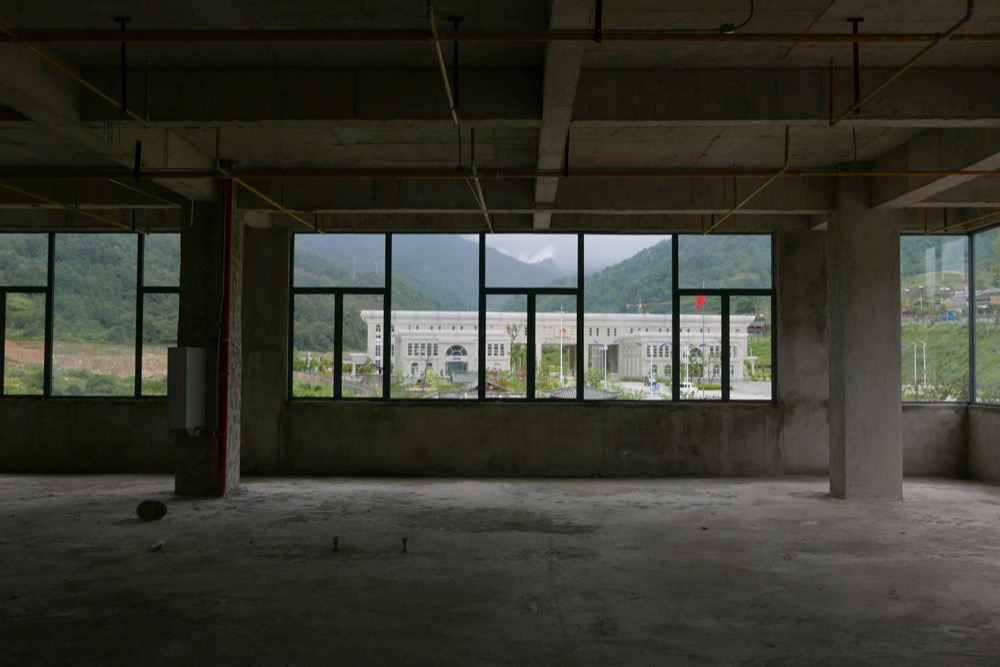Abstract
Since the launch of the Open up the West campaign (xibu da kaifa) in 1999, several large-scale development projects have targeted China's western regions. Often under-connected with the urban eastern centres, poor, and in large parts populated by ethnic minorities, such regions have experienced significant spending in infrastructure development aimed at reducing poverty and fostering cross-border trade. This book analyses the impact of a number of state-led initiatives on local communities across the Chinese borderlands in Xinjiang and Yunnan since the turn of the millennium. More broadly, it joins recent anthropological works that engage questions of state power and capitalist modernity in rural, peripheral regions. In so doing, Where China Ends explores how development is understood and experienced by communities that, albeit often seen as marginal, have a long history of cross-border interactions and trans-national mobility. More specifically, it traces the ways in which the Chinese state's vision of development and modernisation produces, among border communities, both enchantment and disenchantment, inclusion and exclusion, opportunities and increased dependency.
This book is based on 30 months of ethnographic fieldwork between Xinjiang, Yunnan, Pakistan, and Myanmar in the period 2009-2017, combining data collected in the course of my Master's research (2009), doctoral research (2012-13), and postdoctoral research (2015-2017). Both regions are currently at the centre of ambitious trans-national development projects, namely: the China-Pakistan Economic Corridor (CPEC), linking up Xinjiang province with the Arabian Sea at Gwadar; and the Bangladesh-China-India-Myanmar (BCIM) corridor, which promises to revive old forms of connectivity across South and Southeast Asia. Following the development of both projects, this book analyses their effects on local traders and borderland livelihoods, but also migrants and businessmen abroad.
The book in under contract with Amsterdam University Press and is expected to be published in late 2019.


